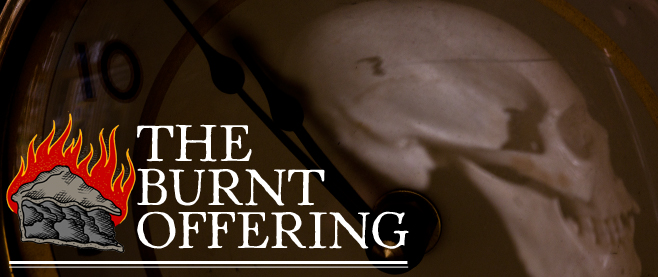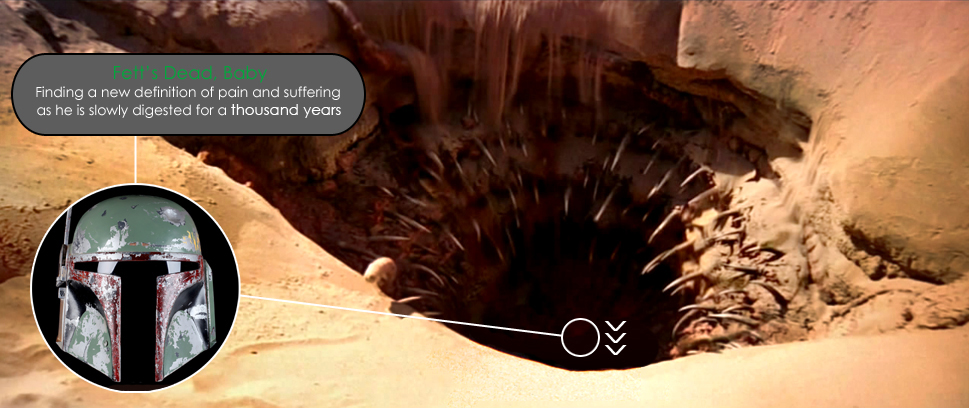Most Famous Movies from Estonia

Estonia, a small Baltic nation with a rich cultural heritage, has produced a number of remarkable films throughout its history. From the Soviet era to the present day, Estonian cinema has offered unique perspectives on life, society, and history. In this piece, we’ll take a look at some of the most famous and influential movies to come out of Estonia, highlighting their themes, impact, and why they continue to captivate audiences.
1. “Viini postmark” (The Postage-Stamp of Vienna, 1968)
Director: Veljo Käsper
During the Soviet era, social criticism and active propaganda were commonplace in cinema, and “Viini postmark” was no exception. However, this film stood out by both telling a story and mocking cinematic conventions.
The narrative revolves around Martin Roll’s bet with a philatelist friend to speak only the truth for an entire day in exchange for a unique Viennese postage stamp. The film serves as an authentic representation of the mentality during the Soviet occupation of Estonia, where people often had to navigate a complex web of half-truths and secrecy. While the film may not fully match with those who haven’t lived in that era, it offers a window into a unique historical context.
2. “Hullumeelsus” (Madness, 1968)
Director: Kaljo Kiisk
Set during World War II in a hospital for the mentally disabled in German-occupied territory, “Hullumeelsus” follows the arrival of a stranger who claims to be searching for an English spy among the patients. The stranger, in reality, is a Gestapo officer, and the film delves into the blurred lines between sanity and insanity in a totalitarian state.
Estonian viewers fell in love with this critical analysis of power, guilt, and free will. However, it was banned by Soviet authorities in Moscow, leading to a two-decade-long hiatus before it could be seen again. “Hullumeelsus” marked the beginning of the modernist era in Estonian cinema.
3. “Kevade” (The Spring, 1969)
Director: Arvo Kruusment
Based on a novel by renowned Estonian novelist Oskar Luts, “Kevade” takes audiences into the lives of schoolboys as they navigate first loves, experiments with alcohol, mischief, and their efforts to understand the world and their homeland. It’s often considered the best Estonian film of all time, offering a blend of comedy and tragedy.
The film captures the essence of youthful adventures and the challenges of growing up, making it a timeless classic that agrees with audiences of all ages.
4. “Hukkunud alpinisti hotel” (The Dead Mountaineer’s Hotel, 1979)
Director: Grigori Kromanov
“The Dead Mountaineer’s Hotel” holds a special place in Estonian cinema as the first science fiction film produced in the country. The story begins with an anonymous phone call that brings Inspector Peter Glebsky to a remote mountain inn. However, strange events and bizarre deaths soon follow, intertwined with the presence of aliens.
The film’s psychedelic soundtrack, composed by Sven Grünberg, adds to its uniqueness. Adapted from a novel by Boris and Arkady Strugatsky, the authors behind the original story for Tarkovsky’s “Stalker,” this movie explores the mysterious and otherworldly in Estonian cinema. The unpredictable nature of this movie can be likened to watching your favourite sports team compete or making an online visit to Jalla Casino where only intrigues await.
5. “Nukitsamees” (Bumpy, 1981)
Director: Helle Karis
“Nukitsamees” is a beloved Estonian children’s film that appeals to audiences of all ages. The folktale fantasy centers on two children, Kusti and Iti, who became lost in the forest while picking berries. They encounter an evil witch who forces them to work for her, but their journey also introduces them to the witch’s child, a cute but temperamental boy with two horns.
This story explores the battle between good and evil, emphasizing the power of love and the belief in a better world. The film is complemented by a beautiful soundtrack, making it a cherished classic.
6. “Naerata ometi” (Well, Come On, Smile aka Games for Teenagers, 1985)
Directors: Leida Laius and Arvo Iho
“Naerata ometi” is a touching story about understanding, love, and the harsh reality of being forgotten by society and sent to an orphanage. The film follows teenage Mari as she navigates life in an unfriendly orphanage. Her presence sparks the interest of two rival boys, setting the stage for a tender coming-of-age tale.
The film uses authentic scenes to depict life in orphanages during the era, adding depth to the narrative. “Naerata ometi” won the UNICEF prize at the Berlin Film Festival in 1987 and remains a portrayal of resilience in the face of adversity.
7. “Need vanad armastuskirjad” (Those Old Love Letters, 1992)
Director: Mati Põldre
“Need vanad armastuskirjad” is a documentary-style movie that delves into the life of composer Raimond Valgre, a legend in Estonian music history. The film sheds light on his struggles with love, war, and alcohol, exploring the complexities of his life and art.
Discovered letters from Russia serve as the catalyst for this exploration of Valgre’s life, making it a reflective piece of cinema. “Those Old Love Letters” tells the story of a talented artist grappling with personal demons and societal pressures.
8. “Ristumine peateega” (The Highway Crossing, 1999)
Director: Arko Okk
This film follows a young couple hitchhiking on an empty road who stumble upon a country house occupied by a peculiar man named Osvald. Osvald becomes fixated on the young girl and attempts to buy her from her boyfriend, raising questions about the true nature of love.
“Ristumine peateega” explores themes of desire, obsession, and the human capacity to rationalize actions. The film earned a jury prize at the Stockholm International Film Festival, showcasing its thought-provoking storytelling.
9. “Nimed marmortahvlil” (Names in Marble, 2002)
Director: Elmo Nüganen
Based on a novel by Albert Kivikas, “Nimed marmortahvlil” is set during the Estonian War of Independence in 1918-1920. It follows schoolboys who transition from their classrooms to the battlefield, grappling with the gruelling physical and mental challenges of war.
The film raises profound questions about the motivations behind young men’s willingness to endure the hardships of war, whether it be for the love of homeland, freedom, or the desire to leave their names in history. “Nimed marmortahvlil” provides a powerful glimpse into a pivotal moment in Estonian history.
10. “Klass” (The Class, 2007)
Director: Ilmar Raag
“Klass” is a provocative and realistic exploration of school violence. The story unfolds as an entire class bullies a new student from the countryside, subjecting him to psychological and physical torment. The film takes a dark turn as one classmate tries to stand up against the bullies, leading to a tragic climax.
The film received numerous awards at international film festivals, including the Karlovy Vary International Film Festival and the Warsaw International Film Festival. Ilmar Raag’s screenplay was also recognized at the Brooklyn International Film Festival. “Klass” represents proof of the consequences of bullying and societal indifference.




